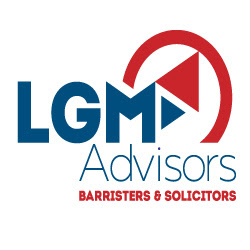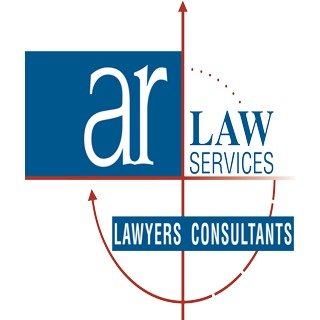Best Creditor Lawyers in Melbourne
Share your needs with us, get contacted by law firms.
Free. Takes 2 min.
List of the best lawyers in Melbourne, Australia
About Creditor Law in Melbourne, Australia
Creditor law in Melbourne, Australia refers to the legal provisions in play when a person or entity (the debtor) owes something to another person or entity (the creditor). It encompasses areas such as recovery of debts, insolvency, bankruptcy, liquidation and administration procedures. When a debtor is unable to pay their owed amount, creditor law determines what rights and remedies are available to the creditor and also outlines how to protect the debtor's rights. Given the complexity and the strict enforcement of these laws, it's advisable to consult with a competent attorney when dealing with creditor issues.
Why You May Need a Lawyer
Dealing with debt issues can be stressful and confusing due to the intricacies of creditor law. Common situations where a person may need a lawyer include when attempting to recover a debt, dealing with bankruptcy or insolvency, working through credit reporting disputes, or handling other financial disputes. A lawyer can guide you through the various legal procedures, help negotiate payment plans with creditors, and work towards favourable outcomes while ensuring your rights are upheld.
Local Laws Overview
In Melbourne, creditor laws follow the provisions of both federal and state legislation. The Bankruptcy Act 1966 and the Corporations Act 2001 outline most of the laws pertaining to insolvency and bankruptcy. These Acts protect a debtor from harassment and unfair treatment, while also ensuring creditors have fair methods to claim their owed money. Victorian state laws also have certain provisions for debt recovery and resolving financial disputes. Since these laws can be complex and multifaceted, understanding them can require professional legal expertise.
Frequently Asked Questions
What is the process for debt recovery in Melbourne?
Debt recovery typically begins with correctly issuing a written demand for payment to the debtor. If the debtor fails to pay, legal action might be initiated in the form of a claim or a winding up application, depending on whether the debtor is an individual or a company. It’s advisable to get legal advice throughout this process.
What happens if a company or individual declares bankruptcy?
If a company or individual declares bankruptcy, it means they’re unable to meet their debt obligations. At this point, a trustee or liquidator is appointed to manage the person or company's assets for repaying the debt. All assets, except for few essentials, can be sold off to pay the creditors.
How can a lawyer help in debt disputes?
A lawyer can provide advice on the best course of action, help negotiate with the debtor, prepare necessary documentation, represent you in court and ensure your rights are protected throughout the process.
What are creditors’ meetings in insolvency?
Creditors' meetings allow creditors to participate in decisions surrounding a debtor's insolvency or bankruptcy. These meetings provide creditors with updates and allow them to vote on specific matters regarding the recovery of their debts.
What protections does a debtor have under Australian law?
Australian law provides several protections for debtors such as the right to maintain basic living standards, the exemption of certain essential assets from being sold off, and protection from harassing behaviour from creditors. It is best to consult with a lawyer to understand these protections.
Additional Resources
The Australian Financial Security Authority (AFSA), the Australian Securities and Investments Commission (ASIC), and the Victorian Legal Aid are excellent resources for understanding creditor law and the rights of both debtors and creditors. The Law Institute of Victoria can also provide guidance in finding a suitable lawyer.
Next Steps
If you need legal assistance for debtor-creditor matters, the first step is to consult with a lawyer who is experienced in the field. Prepare to discuss your case in detail, including all relevant documentation. Good communication with your lawyer is key, as it ensures that they understand all aspects of your situation. Working together, you can formulate a strategy that addresses your needs while following compliance with the law.
Lawzana helps you find the best lawyers and law firms in Melbourne through a curated and pre-screened list of qualified legal professionals. Our platform offers rankings and detailed profiles of attorneys and law firms, allowing you to compare based on practice areas, including Creditor, experience, and client feedback.
Each profile includes a description of the firm's areas of practice, client reviews, team members and partners, year of establishment, spoken languages, office locations, contact information, social media presence, and any published articles or resources. Most firms on our platform speak English and are experienced in both local and international legal matters.
Get a quote from top-rated law firms in Melbourne, Australia — quickly, securely, and without unnecessary hassle.
Disclaimer:
The information provided on this page is for general informational purposes only and does not constitute legal advice. While we strive to ensure the accuracy and relevance of the content, legal information may change over time, and interpretations of the law can vary. You should always consult with a qualified legal professional for advice specific to your situation.
We disclaim all liability for actions taken or not taken based on the content of this page. If you believe any information is incorrect or outdated, please contact us, and we will review and update it where appropriate.












